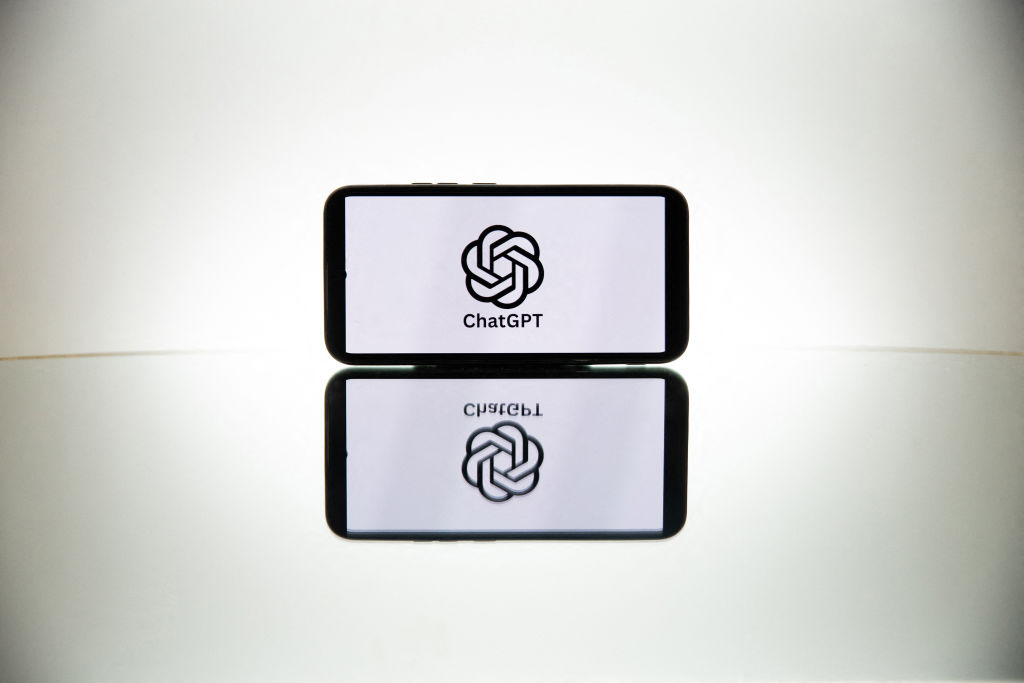After being sued for her student loan, Carmen Perez has flipped her story and is paving the way for the next generation to avoid making the same mishaps in their financial literacy journey.
Perez Was In A Financial Drought After Being Sued
Good Morning America reports Perez, founder and CEO OF MUCH, took out $30,000 in student loans as her family had no savings plans for her higher-level education. Perez had a stable job. However, she was “drowning in debt” and she later walked away from a position at a top Wall Street investment bank after being sued for her student loans. At this time, her situation appeared to be bleak and she developed a fear she would be unable to retain a job in her field of work.
“I wasn’t essentially making a good enough amount to really put a dent in a way that would be effective for me. For example, my car loan — I was paying 18% interest for that and that was all because of bad credit. Typical people might spend $200, I was spending $450, upward of $500 every single month just on my car loan. I felt like I had golden handcuffs on at work. I was just maintaining my job to be able to pay down my debt. Eventually, in 2016, I got sued for my student loan. I had this mark on my credit, which I didn’t understand at the time, and I didn’t know that it was going to cause so much damage,” Perez told GMA.
Perez Hauled Contribution Toward Her 401K And Picked Up Side Hustles
Fortunately, Perez’s situation did start looking up after she applied three financial strategies that helped her pay off her debts after two years and nine months. The feat was supported by her income which was between $90,000 to $100,000, side hustles, including photography, and her decision to halt contributions toward her 401(k).
“I stopped contributing to my 401(k), which I do not recommend anyone else [do], but I obviously was getting sued and needed every single cent that I could to be able to pay down this $30,000 loan. I had less than $3,000 in the bank,” Perez said, according to GMA.
Financial Strategies That Allowed Perez To Become Debt Free
In addition, Perez aimed to cut down in as many areas and adopting a zero-based budget helped her achieve this goal.
“Before you get paid, you write your take-home pay at the top of a sheet of paper, and then you spend all of that take-home pay on paper until you hit zero, so you have nothing else to spend. And that’s a good way to find areas where you’re being wasteful with money, or you can start setting limits on yourself to just squeeze a little extra out of your budget to put extra toward your debt or toward savings or whatever your goal is,” Perez said.
Furthermore, she adopted a cash envelope system and used the money specifically for its category placement.
“After I sit down every single month to see what areas I could cut or reduce a little bit more, I would tag any of those categories within my budget that I could pull out cash for. For example, if my budget for food was $400, I would go down to the bank every two weeks, pull out $200 and use that for the next two weeks until I got paid again. And that was literally the only money that I used, in these cash envelopes. That really helped me tackle my debt in a meaningful way because I wasn’t overspending.”
Perez also used the debt snowball method to aggressively pay off the lowest debt owed first while paying the minimum payments of remaining debts until the smallest debt was paid. The avalanche method was also helpful as it allowed Perez a functional way to pay off debts from the highest to the lowest interest rate.
“This is the most mathematically sound way to tackle your debt because you’re tackling the interest. So again, you pay as much money as possible to that highest interest rate debt while paying the minimum for all the others,” Perez said.
Perez Learned How To Code And Launched A Company Promoting Financial Literacy
Now becoming debt-free, Perez looked toward a new pathway to launch a company introducing the best financial practices for the next generation. Perez learned how to code as she could not afford a developer. Her newfound skills helped get her company off the ground and running while venturing into a new industry.
“Thankfully, when I paid off my debt, I was able to switch careers into learning how to code specifically for the reason to start my own company, but more so, it gave me another skill and gave me a way to pivot out of industries that [weren’t] necessarily serving me, and into something that was just different and could offer me way more money if I wanted it,” Perez said.

















